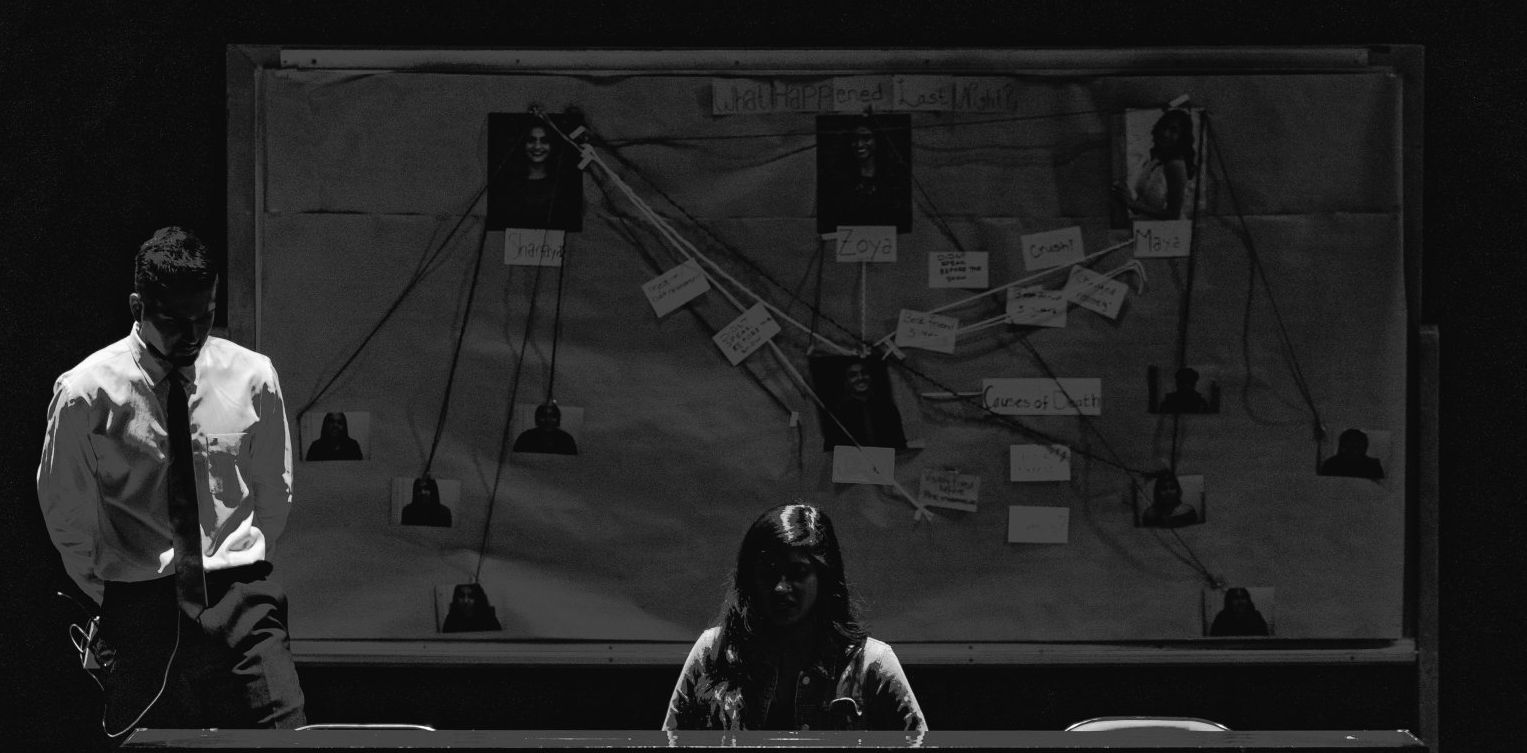The Impact of True Crime on Society: How It Shapes Our Perception of Crime and Justice
Exploring the Cultural Significance of True Crime

Understanding Criminal Behavior
The rise of true crime as a popular genre in media has been a fascinating phenomenon in recent years. Its popularity has expanded across different forms of media, such as books, podcasts, documentaries, and streaming shows. With its broad reach, the true crime genre has captivated the attention of audiences worldwide. The real-life stories of heinous crimes and the people involved in them have proved to be a compelling topic for many. The genre has an almost addictive quality, as the more one learns about the cases, the more one wants to know.
The true crime genre has been one of the most powerful tools in understanding the root causes of criminal behavior and its prevention. It has enabled us to gain valuable insights into the motives behind the criminal activity, identify patterns, and develop strategies to minimize the risk of future crimes. The genre has provided us with real-life case studies of crimes committed in different settings and circumstances, offering a diverse range of perspectives on the causes and consequences of criminal behavior. The examination of the criminal mind in true crime stories provides a better understanding of the psychological and social factors that lead to criminal activity. This information can be used to inform policies and strategies that aim to prevent crime and protect society.

The Justice System
True crime stories provide an opportunity to delve deeper into the complexities of the justice system, shedding light on both its successes and shortcomings. One of the ways in which the genre provides this unique perspective is by highlighting the injustices that can occur within the system. For instance, wrongful convictions can occur due to a range of factors, such as false confessions, eyewitness misidentification, or forensic errors. These stories bring attention to the flaws in the justice system that need to be addressed and encourage us to advocate for reforms that ensure that innocent people are not wrongfully convicted.
Moreover, true crime stories also offer insights into the difficulties that law enforcement officials face in investigating and prosecuting crimes. The genre often features cases where investigators have been stymied by a lack of evidence or by the complexities of the crime itself. Through these stories, we can gain a deeper appreciation for the challenges that investigators and prosecutors face and identify areas where improvements can be made to enhance their effectiveness.
In addition, true crime stories can also reveal how the justice system can be influenced by factors beyond the evidence or the law, such as bias, politics, or public opinion. By examining cases where justice was not served due to these factors, we can identify ways to prevent similar miscarriages of justice from happening in the future.
Ultimately, true crime stories offer a valuable perspective on the justice system, highlighting its strengths and weaknesses and providing insights that can lead to meaningful reforms. By studying these stories, we can advocate for changes that ensure that the rights of all individuals are protected and that justice is served fairly.

Societal Factors
True crime has become a valuable tool for raising awareness about the societal factors that contribute to criminal behavior. Stories that highlight poverty, mental illness, and substance abuse cases have helped us to better understand the underlying causes of criminal behavior. For instance, poverty can drive people to commit crimes in order to meet their basic needs or to gain access to resources that are otherwise unavailable to them. Similarly, mental illness can lead to erratic behavior and impulsive actions, which can result in criminal acts.
Substance abuse is another factor that can contribute to criminal behavior. Drugs and alcohol can impair judgment and inhibit decision-making abilities, leading individuals to engage in risky and dangerous behavior. True crime stories that explore these issues help to reduce stigma and encourage greater understanding and empathy toward those struggling with addiction and mental health issues.
By raising awareness about these societal factors, true crime stories have inspired efforts to address them. Advocacy groups, community organizations, and policymakers have worked to develop programs and policies that address poverty, mental illness, and substance abuse in order to reduce the likelihood of criminal behavior. By providing a platform for these issues, true crime has encouraged individuals and communities to take action and work together to address the root causes of crime.

The Entertainment Industry
True Crime has had a significant impact on the entertainment industry, inspiring countless adaptations across various media, including feature films, TV shows, podcasts, and books. The genre's popularity has created a large and diverse audience, attracting both true crime enthusiasts and casual viewers interested in exploring the darker side of human nature. True crime has also become a lucrative industry, with production companies and streaming services investing heavily in the genre. The success of true crime shows like "Making a Murderer" and "The Jinx" has inspired a new wave of true crime content, leading to a proliferation of new documentaries, podcasts, and series. Overall, true crime has emerged as a powerful force in the entertainment industry, shaping popular culture and captivating audiences around the world.
Ethical Concerns
However, the popularity of true crime also raises some ethical concerns. Some critics argue that true crime glorifies violence and tragedy and that it can be exploitative of the victims and their families. It is important to approach the genre with empathy and respect for the victims and their loved ones and to avoid sensationalizing or trivializing their experiences. By telling their stories with sensitivity and compassion, we can ensure that their memories are honored and justice is served.
In conclusion, the true crime genre has significantly impacted our society and our understanding of crime and justice. By examining real-life cases, we can gain insight into the criminal mind, the justice system, and societal factors that contribute to criminal behavior. Through this understanding, we can work to prevent future crimes and improve the criminal justice system. However, it's important to approach the genre with empathy and respect for the victims and their families. By doing so, we can ensure that their stories are told with sensitivity and compassion.












